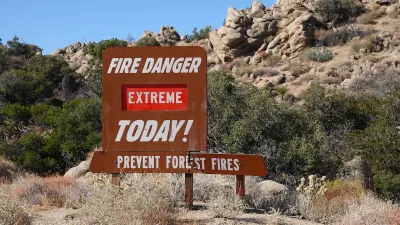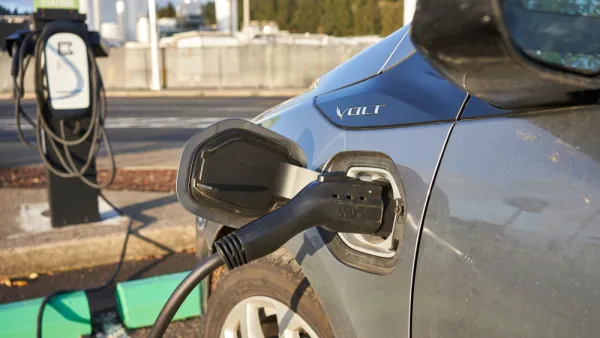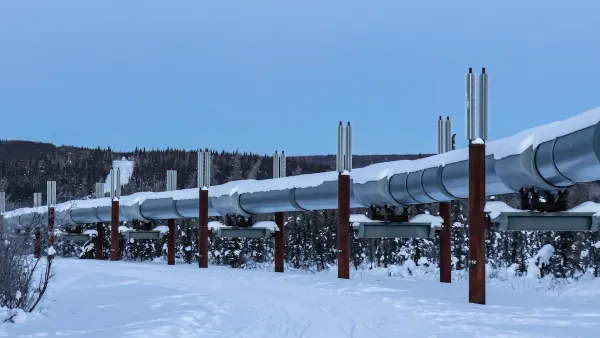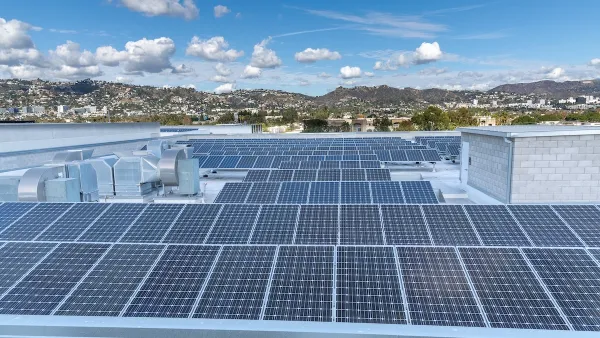Californians will determine whether to approve a $10 billion bond for climate and environmental projects, which seeks to address critical issues such as wildfire prevention, safe drinking water, and protection of disadvantaged communities.

In November, California voters will decide on a $10 billion bond aimed at funding climate and environmental projects, including those previously cut due to budget deficits. The "Safe Drinking Water, Wildfire Prevention, Drought Preparedness, and Clean Air Bond Act of 2024" (Senate Bill 867) was approved by the Senate and Assembly on the final day for ballot inclusion. The bond will finance projects for safe drinking water, drought, flood, and water resilience, wildfire and forest resilience, coastal resilience, extreme heat mitigation, biodiversity and nature-based climate solutions, climate-smart, sustainable, and resilient farms, ranches, and working lands, park creation and outdoor access, and clean air programs.
The proposed bond will be repaid with interest, potentially costing the state over $19 billion in the long term. As reported by Melody Petersen, environmental groups, renewable energy companies, labor unions, and social justice advocates heavily lobbied for this measure, emphasizing the need for robust climate action despite recent budget cuts. This bond is widely seen as crucial for mitigating the adverse impacts of climate change, which include extreme weather events, sea-level rise, and severe droughts.
A key provision of the bond requires at least 40% of the funds to benefit disadvantaged communities. However, some legislators expressed concerns that recent changes weakened this provision, potentially diverting funds from the most vulnerable populations. Additionally, hundreds of millions of dollars are earmarked for private industry, including clean energy projects like offshore wind farms, sparking debate about the allocation of these funds.
FULL STORY: $10-billion climate bond will go before voters in November

National Parks Layoffs Will Cause Communities to Lose Billions
Thousands of essential park workers were laid off this week, just before the busy spring break season.

Retro-silient?: America’s First “Eco-burb,” The Woodlands Turns 50
A master-planned community north of Houston offers lessons on green infrastructure and resilient design, but falls short of its founder’s lofty affordability and walkability goals.

Delivering for America Plan Will Downgrade Mail Service in at Least 49.5 Percent of Zip Codes
Republican and Democrat lawmakers criticize the plan for its disproportionate negative impact on rural communities.

Test News Post 1
This is a summary

Test News Headline 46
Test for the image on the front page.

Balancing Bombs and Butterflies: How the National Guard Protects a Rare Species
The National Guard at Fort Indiantown Gap uses GIS technology and land management strategies to balance military training with conservation efforts, ensuring the survival of the rare eastern regal fritillary butterfly.
Urban Design for Planners 1: Software Tools
This six-course series explores essential urban design concepts using open source software and equips planners with the tools they need to participate fully in the urban design process.
Planning for Universal Design
Learn the tools for implementing Universal Design in planning regulations.
EMC Planning Group, Inc.
Planetizen
Planetizen
Mpact (formerly Rail~Volution)
Great Falls Development Authority, Inc.
HUDs Office of Policy Development and Research
NYU Wagner Graduate School of Public Service





























